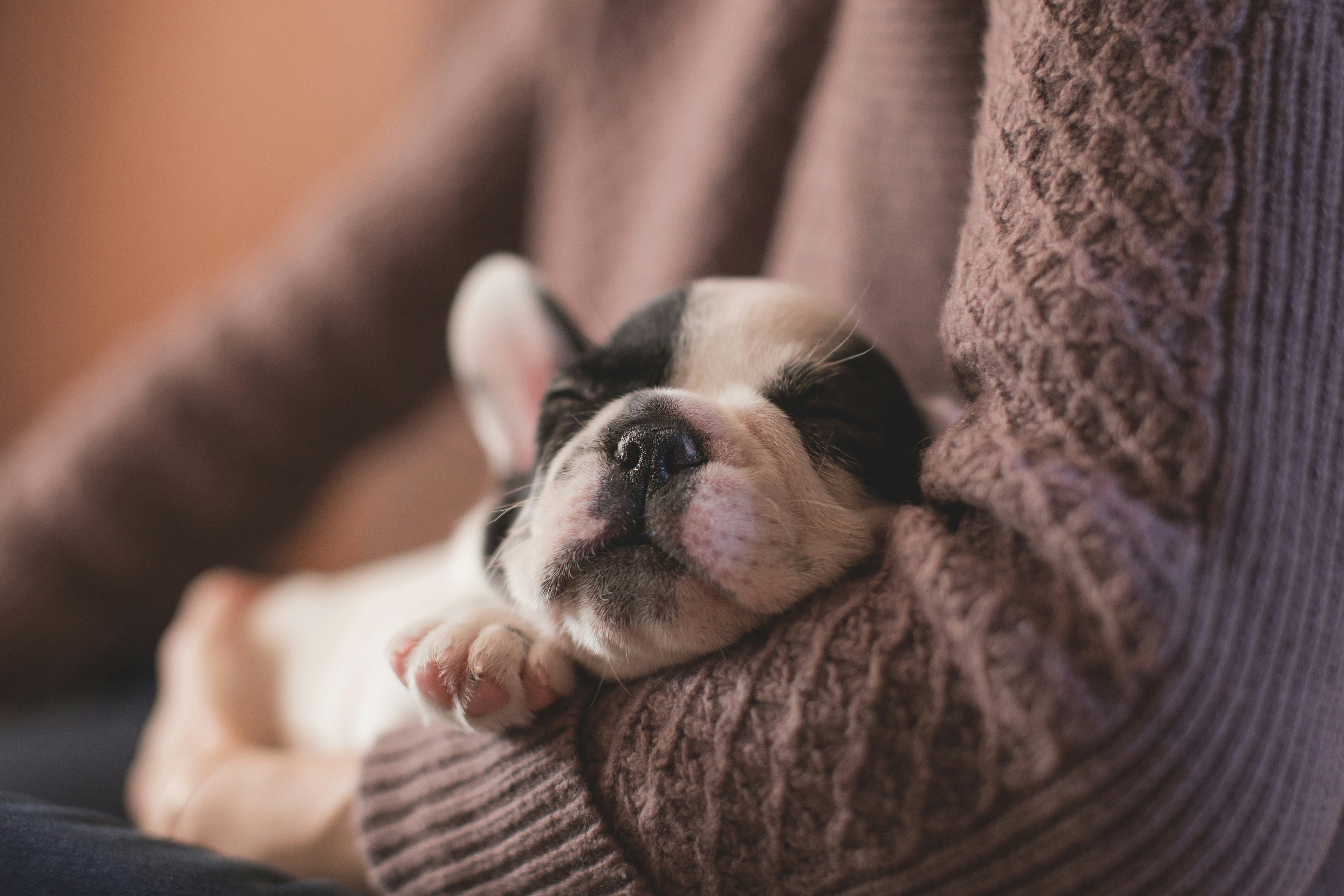Hard dog poop is a common problem that many pet owners face. While it's often temporary, constipation can be uncomfortable for your dog, and may be the sign of underlying health concens. understanding the causes and implementing effective solutions can help prevent and alleviate this condition.
Causes of Hard Dog Poop
Several factors can contribute to constipation in dogs. Some of the most common causes include dehydration, as insufficient water intake can lead to dry stool. A diet lacking fiber or containing excessive amounts of bones or calcium can also cause hard dog poop.
Another reason why your pup might suffer from constipation is if they have underlying health issues such as intestinal blockages, anal gland problems, or even some neurological disorders. Additionally, if your furry friend isn’t getting enough physical activity, it can slow down its digestive system, which can cause hard dog poop.
Symptoms of Constipation
Recognizing the signs of constipation can help you address the issue promptly. Common symptoms include hard, dry stools and straining during bowel movements. Loss of appetite, less frequent bowel movements, vomiting, and behavioral changes can also be related, depending on the underlying cause.
Often, constipation can cause discomfort and fatigue, leading to decreased energy levels in dogs. Some might become agitated or restless, while others might become withdrawn or avoid interaction due to the discomfort. If the stool is particularly hard or large, it can cause minor rectal bleeding.
When to Seek Veterinary Care
If your dog exhibits persistent constipation or experiences other concerning symptoms, it's important to consult a veterinarian. They can rule out any underlying medical conditions and provide appropriate treatment.
Treatment Strategies
Make sure that your dog has access to fresh water at all times. You can also encourage water consumption by adding a little water to their food or using a water fountain. In many cases, adjusting the diet of your furry friend can be very helpful.
One way to do that is to gradually increase their diet's fiber content. You can add cooked rice, vegetables, or a fiber supplement to their food. Avoid adding too many bones, as excessive bone consumption can lead to hard dog poop. If dietary changes don't help, consult a vet to rule out underlying health issues.
Regular physical activity helps stimulate the digestive system, which is why you should take your pup for daily walks or playtime. If you suspect stress is a factor, provide your dog with a calm and comfortable environment.
In some cases, supplements like probiotics or digestive enzymes can help digestion and prevent constipation. Some pet owners also use home remedies like pumpkin puree or olive oil, but it's essential to consult a veterinarian before trying these.
Pervention
Once the constipation is resolved, it's important to take steps to prevent it from happening again. This could involve maintaining a healthy diet, ensuring adequate hydration, providing regular exercise, and managing stress. In rare cases, if your dog has long hair, regular grooming can help prevent hairballs, which can contribute to hard poop.
While all of the strategies mentioned can often help, it's essential to consult a veterinarian for a proper diagnosis and treatment plan, especially if the issue becomes severe or recurring.
Managing Hard Dog Poop With Paw Pail
Your dog's poop is a vital indicator of their overall health. By understanding the nuances of color, consistency, frequency, and content, you can become a more informed pet parent.
When it comes to dealing with dog poop, haivng the right tools can make all the difference. A dog waste station can significantly simplify the cleanup process and help prevent the spread of diseases. Paw Pail provides a convenient and hygienic way to dispose of your dog's waste, ensuring a cleaner and healthier environment for both you and your pet. Check out Paw Pail today!


